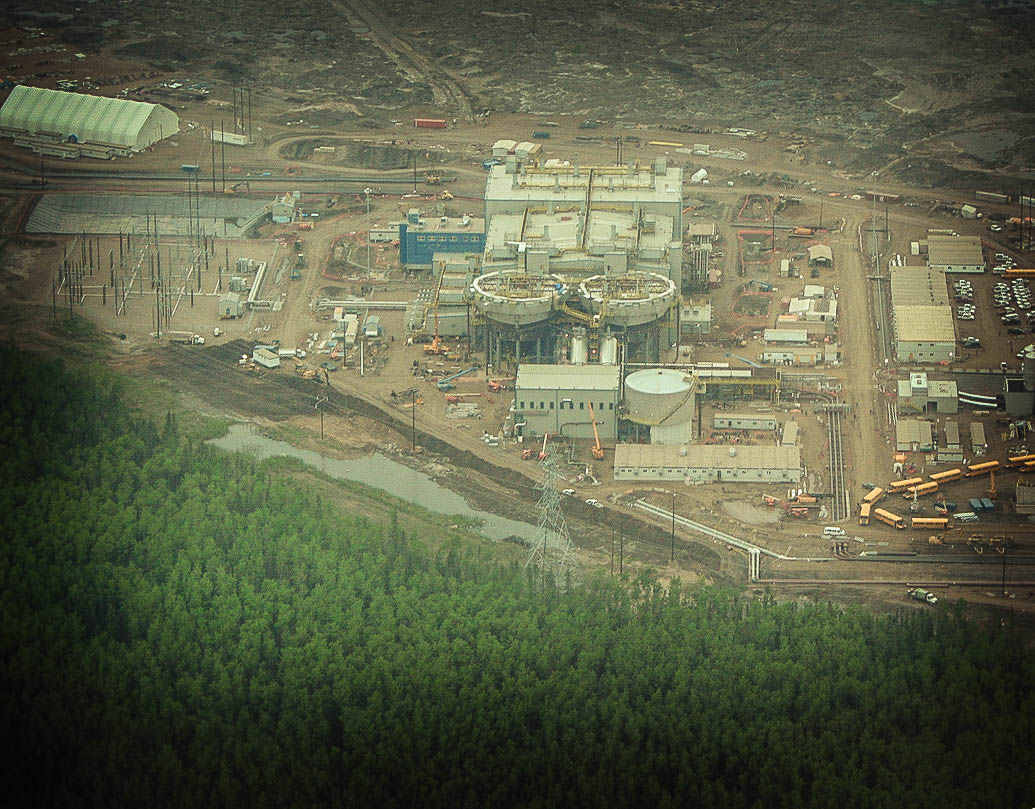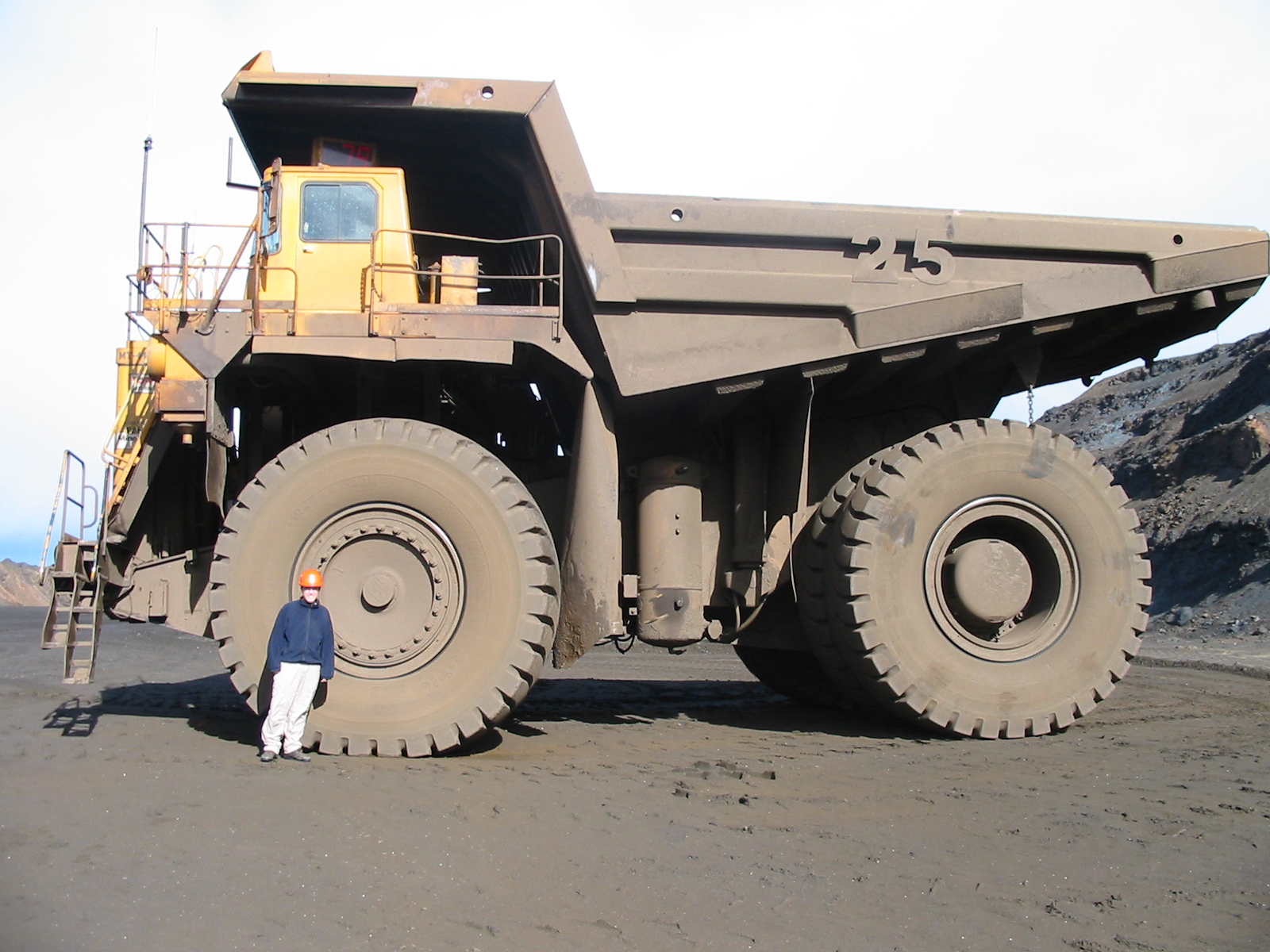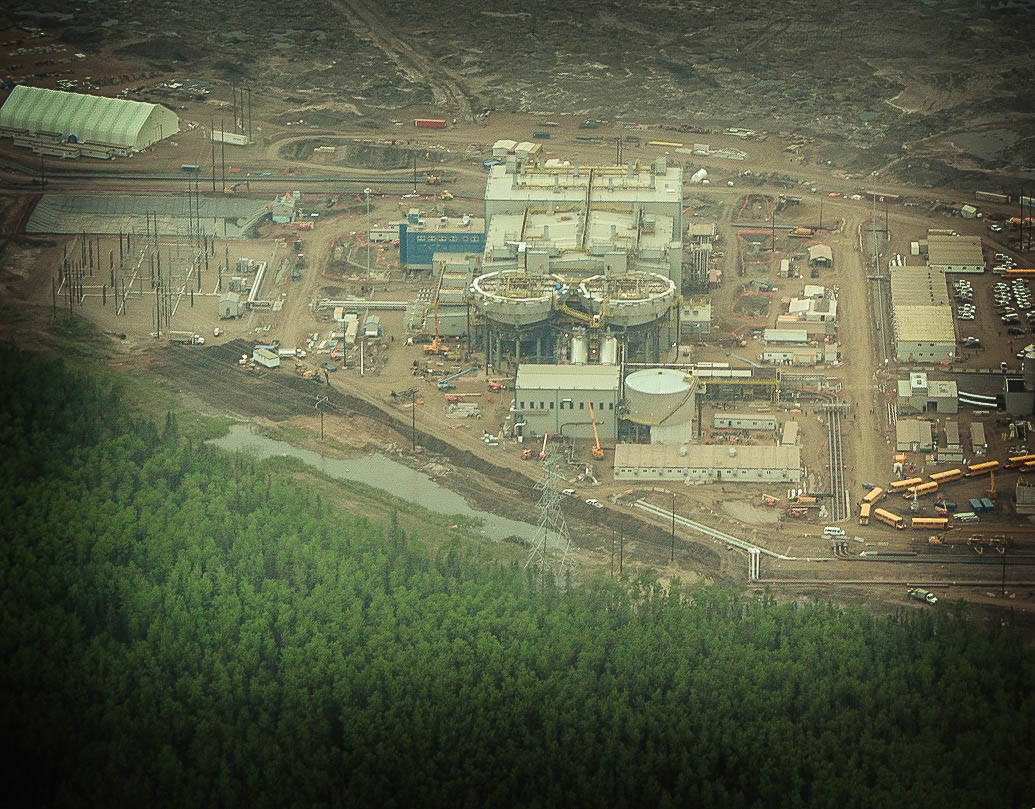When we talk about climate action in Canada, the conversation often turns to fossil fuel subsidies — the billions of dollars our Federal and Provinical governments, as well as Export Development Canada, have been spending to support our oil & gas sector. The 2015 Paris climate agreement, signed last fall by the current Federal government, gives new urgency to keep global temperature rise below two degrees. To do that, we need to keep fossil fuels in the ground.

This week, the “Three Amigos” summit saw Canada, the U.S., and Mexico agree to common goals for transitioning to a low-carbon, clean energy future. Like the Paris agreement, it’s a generally positive committment that needs to be followed up — soon — with action.
The “North American Climate, Clean Energy, and Environment Partnership”, as it’s called, re-affirms Canada’s 2009 committment to phase out fossil fuel subsidies in the “medium term”. This week’s news sets a more specific goal — Canada, the U.S., and Mexico have agreed to a phase-out date of 2025.
So let’s get going. If Canada is serious about transitioning away from fossil fuels, we need to do much more than the Liberal election platform proposes (a modest scaling-down of one particular tax deduction). We still have a complex web of subsidies that benefit the oil & gas sector. They all need to go.
Deductible expenses
Tax deductions let corporations declare expenses to reduce their taxable income. These four programs directly encourage the expansion of fossil fuel operations at home and abroad:
- 10% deduction for Canadian Oil and Gas Property Expenses (e.g. buying oil sands rights, buying a well, leases, permits, and licenses)
- 30% deduction for Canadian Development Expenses (e.g. expanding a mine, building new haulage routes)
- 30% deduction for Foreign Resource Expenses (e.g. overseas exploration and drilling of fossil fuels)
- 100% deduction for Canadian Exploration Expenses (e.g. surveying land for new fossil fuel extraction opportunities, environmental studies, and community consultations before opening a mine)
Provincially, B.C. also offers a 20% tax break on coal mining expenses through the Mining Exploration Tax Credit.
Accelerated Capital Cost Allowance
Capital Cost Allowance (CCA) is a way for all kinds of businesses to deduct the cost of equipment over several years.
Accelerated Capital Cost Allowance (ACCA) speeds that process up, putting money back into the hands of fossil-fuel companies faster and reducing their taxes.
While the ACCA no longer applies for oil sands projects, it was recently introduced for liquified natural gas (LNG) projects.

Duty exemptions
In 2014, Canada eliminated duty fees for offshore oil and gas drilling equipment. This makes it more affordable for Canadian companies to drill for fossil fuels in our vulnerable Atlantic and Arctic waters.
Flow-through share deductions
Normally, tax deductions can only be claimed by the business that actually incurs the eligible expense. However, flow-through shares let corporations pass on the deductions directly to investors, whose income gets taxed as capital gains, at half the rate of regular income.
Canada allows flow-through shares for qualifying Canadian Development Expenses and Canadian Exploration Expenses – a sweet kickback for both corporations and their individual investors.
Royalty credits
In Canada, natural resources such as minerals, oil, gas, and groundwater are owned by the Provinces. They charge royalties to companies that extract these resources.
B.C. offers a Deep Drilling Credit that waives royalty fees between $444,000 and $2.81 million per well for new fossil-fuel drilling projects.
B.C. also offers up to 50% discount on royalites for oil & gas companies to build new roads and pipelines through the Infrastructure Royalty Credit Program. The purpose of the program is to boost oil & gas exploration, and extend the drilling season year-round.
Reduced sales tax
Both Manitoba and B.C. don’t charge provincial sales tax on machienry and equipment involved in oil, gas, and mining. This includes prototyping equipment, surveying and exploration equipment, and even drill bits. There’s also a discount on the electricity required to operate the machinery.
Where do we go from here?
This week’s “Three Amigos” agreement needs to be followed up with aggressive action.
- If we are to keep the planet from spilling over that 2-degree threshold, we can’t continue funding dirty fuels.
- If we’re going to encourage clean energy development, we can’t keep incentivizing oil & gas exploration.
As we move forward, remember that there is a lot of work to be undone. It starts with dismantling these subsidies.
Further reading
ODI – G20 subsidies to oil, gas and coal production: Canada (PDF)
Image Credits
Fort Mc Murray IMG_0679 © by sbamueller and released under a Creative Commons Attribution-ShareAlike 2.0 Generic (CC BY-SA 2.0) License
Wabush Mines Truck © by Neil and Kathy Carey and released under a Creative Commons Attribution-ShareAlike 2.0 Generic (CC BY-SA 2.0) License
